10 TV Shows Everyone Loved — But Actors Hated Working On
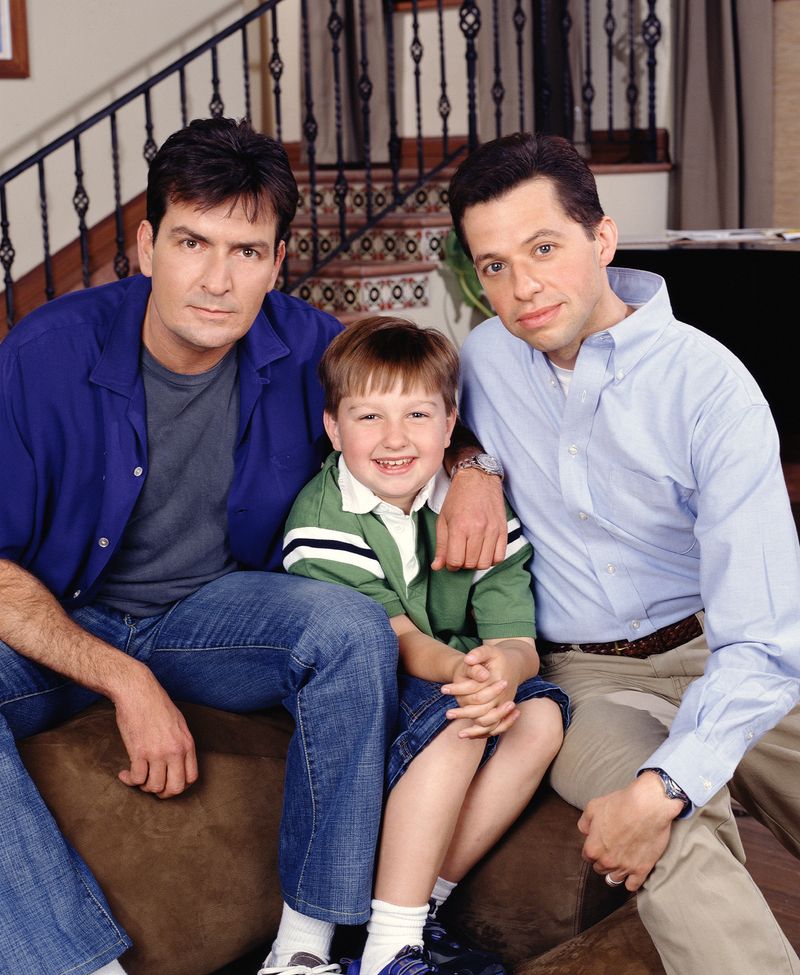
Television has the power to captivate audiences worldwide, offering laughter, drama, and unforgettable moments. Yet, behind the scenes, not everything is as glamorous as it seems. Some TV shows, beloved by millions, have been challenging experiences for the actors who starred in them. Different factors, from creative differences to personal beliefs, have led actors to express dissatisfaction with their roles. The following list explores ten such shows, which, despite their widespread popularity, were not the most enjoyable for the actors involved. This collection offers a glimpse into the complexities of working in the entertainment industry, highlighting the personal and professional challenges actors can face.
1. Community
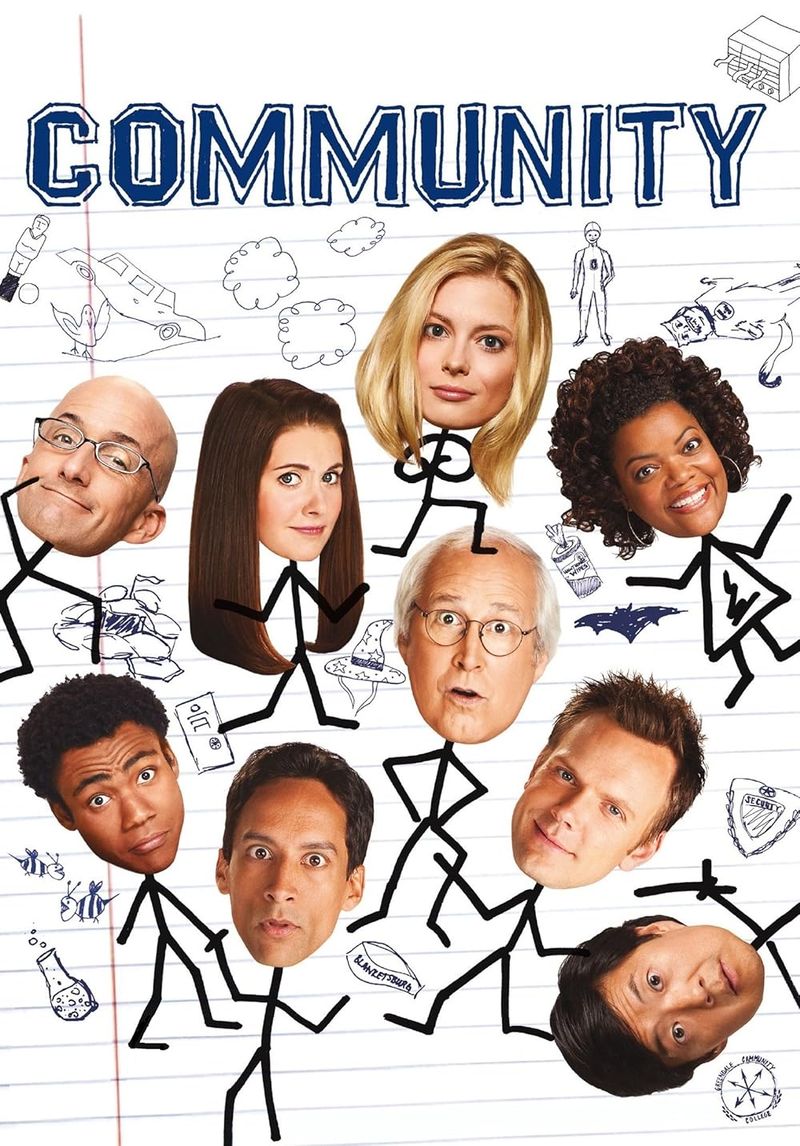
Chevy Chase, known for his quick wit, found himself at odds with the hit comedy series, Community. Despite its clever writing and quirky characters, Chase felt constrained, describing the show as not funny enough for his taste. His dissatisfaction stemmed from creative limitations he experienced on set, a stark contrast to his comedic style.
While audiences adored the dynamics and humor, Chase often expressed his viewpoint that the material fell short of his expectations. This disconnect between actor and content led to tension behind the scenes, illustrating how creative differences can impact an actor’s experience, even in a fan-favorite show.
2. Two and a Half Men
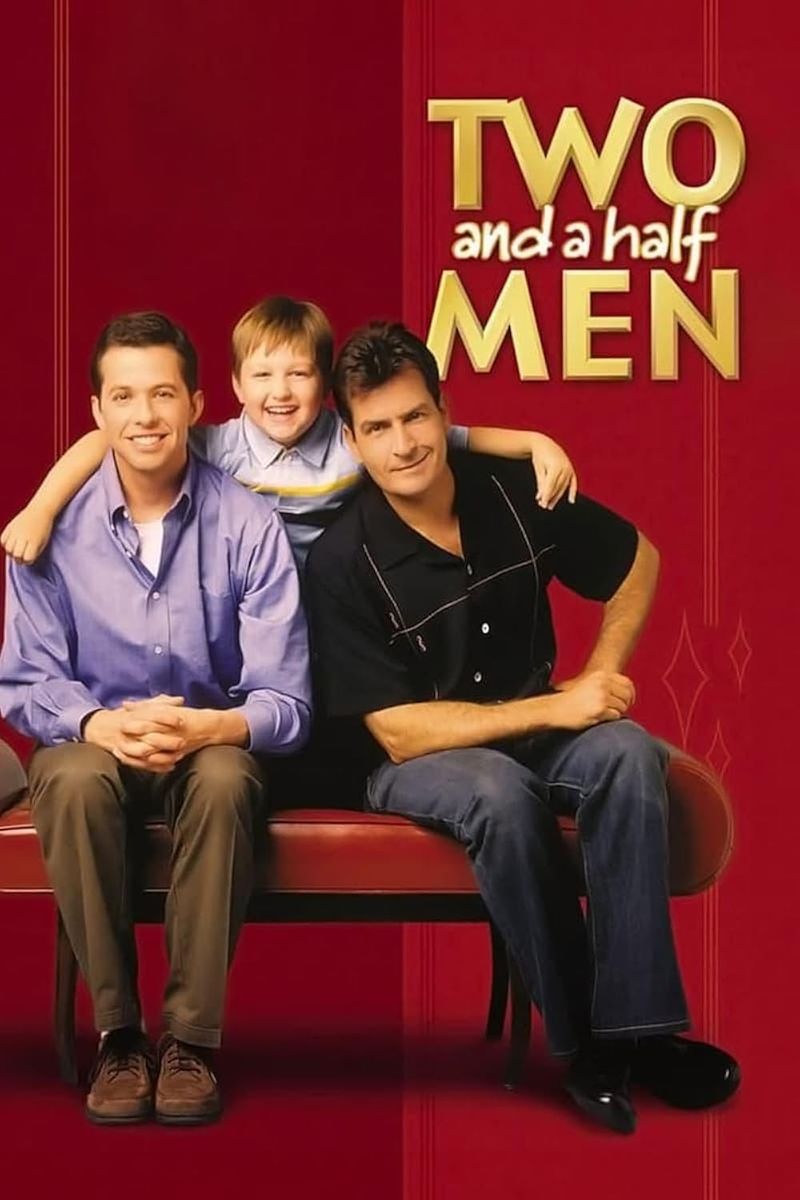
Angus T. Jones, who grew up on Two and a Half Men, found himself in a moral quandary as the show progressed. Starting as a child, his perspectives evolved, leading him to label the show as “filth.” His change in views highlighted a personal conflict, rooted in the divergence between his beliefs and the show’s themes.
Jones’s candid criticism, although controversial, shed light on the complexities of growing up on screen. His departure from the show underscored the challenges young actors face in reconciling their personal values with professional responsibilities, sparking discussions on morality in entertainment.
3. Grey’s Anatomy
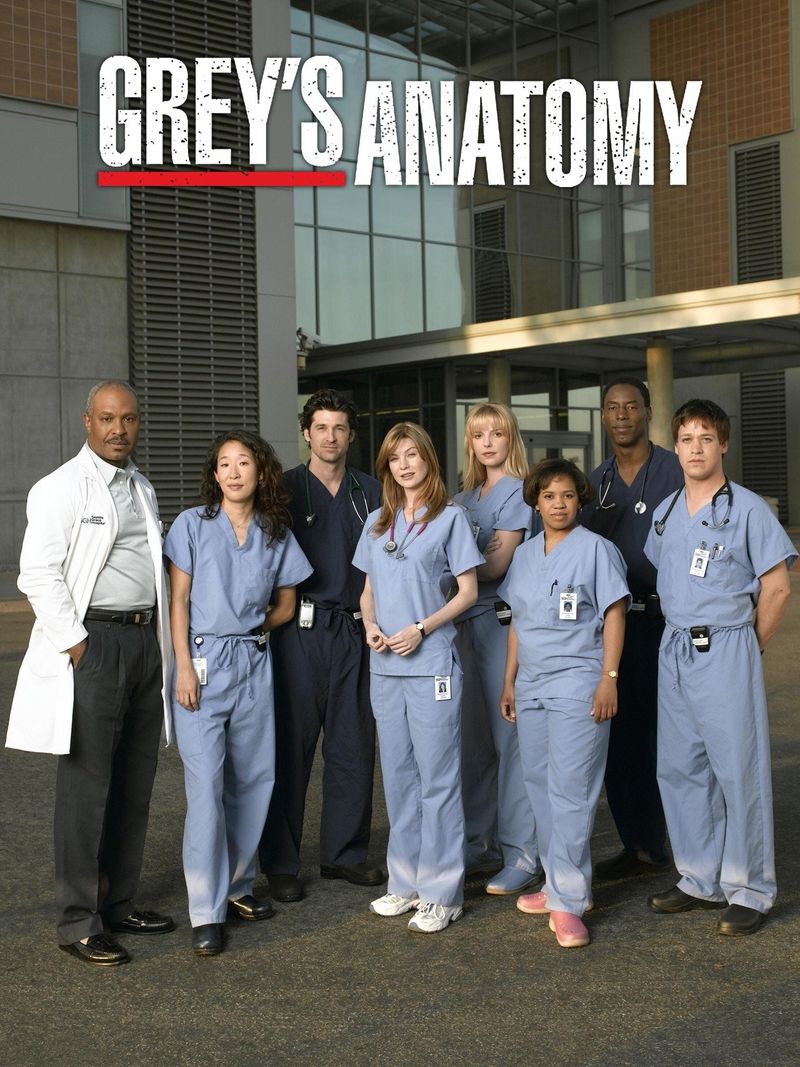
Katherine Heigl, once a staple of Grey’s Anatomy, voiced her dissatisfaction with the show’s storylines. She criticized them as mere “ratings ploys,” feeling that the excessive workload was not justified by the material. Her concerns about the depth and quality of her character’s arc were well-known.
Heigl’s outspoken nature brought to light the pressures actors can face in long-running series. While audiences engaged deeply with the emotional narratives, Heigl’s experience highlighted the tension between artistic integrity and commercial success, offering a candid glimpse into the personal struggles actors may encounter.
4. Glee
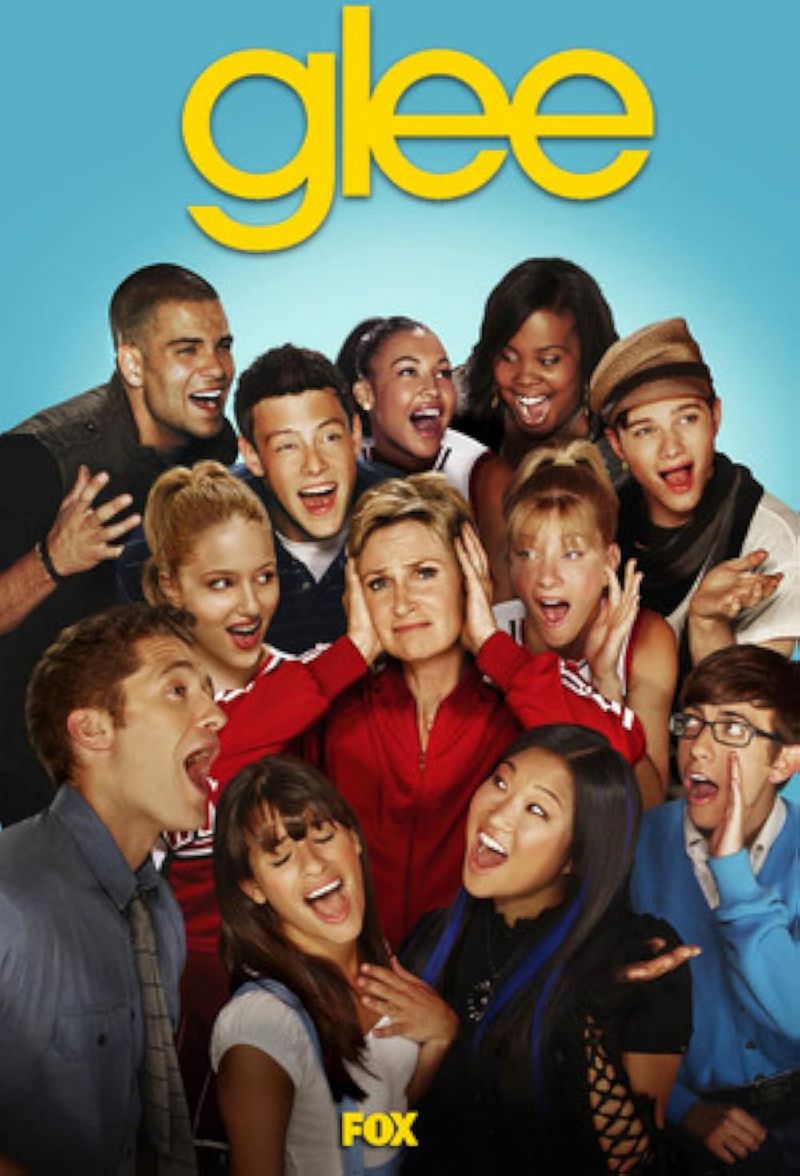
Glee, celebrated for its energetic musical numbers, became a source of frustration for some of its cast members. Jenna Ushkowitz and Kevin McHale expressed discontent, particularly with later seasons. Difficult or tone-deaf songs and episodes were factors that diminished their enthusiasm.
Their comments revealed the strain of maintaining quality and creativity over multiple seasons. While the show was acclaimed for its diversity and bold themes, the actors’ waning interest illustrated the challenges in sustaining a show’s initial spirit. This contrast between public adoration and private dissatisfaction offers insight into the complexities of television production.
5. Friends
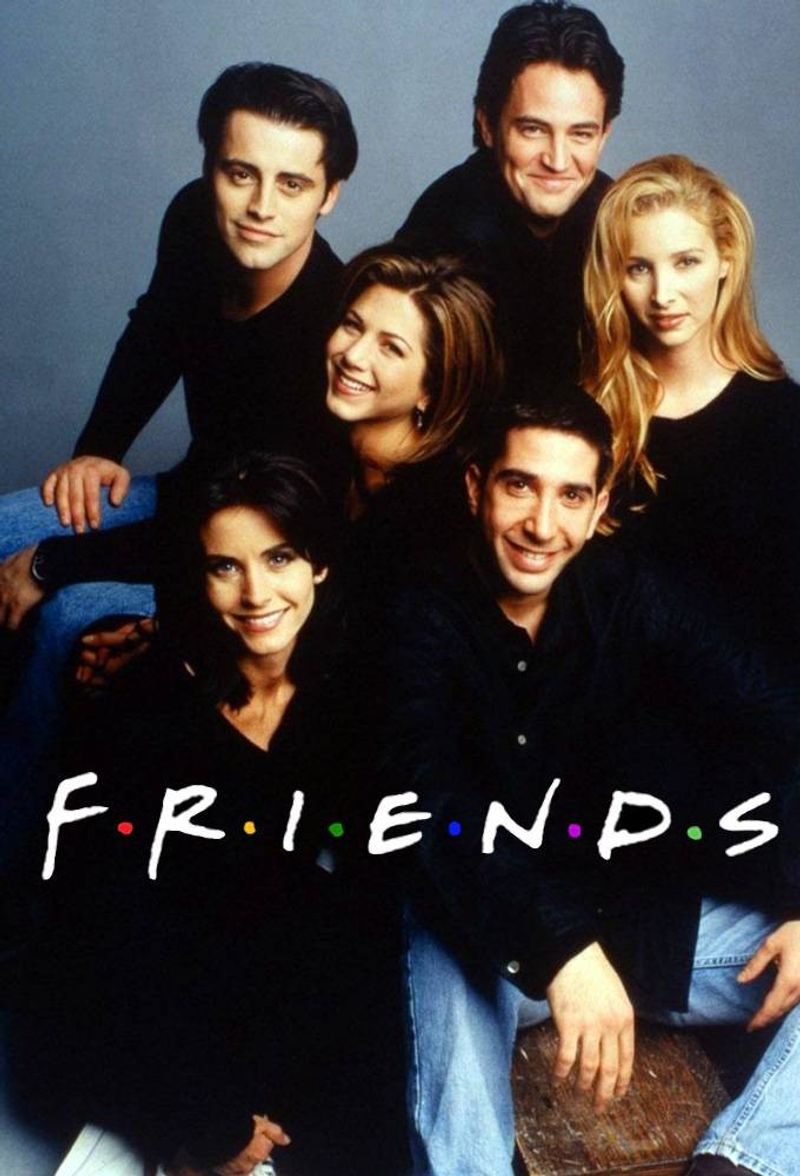
Lisa Kudrow, beloved as Phoebe Buffay on Friends, had mixed feelings about performing in front of a live studio audience. While the laughter added to the comedic atmosphere, she found it sometimes dishonest and disruptive to the timing. These challenges in capturing authentic performances highlighted the pressures of live taping.
Kudrow’s experience underscores the unique dynamics of sitcom production, where actor-audience interaction plays a crucial role. Friends remains a cherished classic, yet Kudrow’s insights provide a nuanced perspective on the demands of live performance, revealing the less glamorous side of a celebrated sitcom.
6. The Brady Bunch
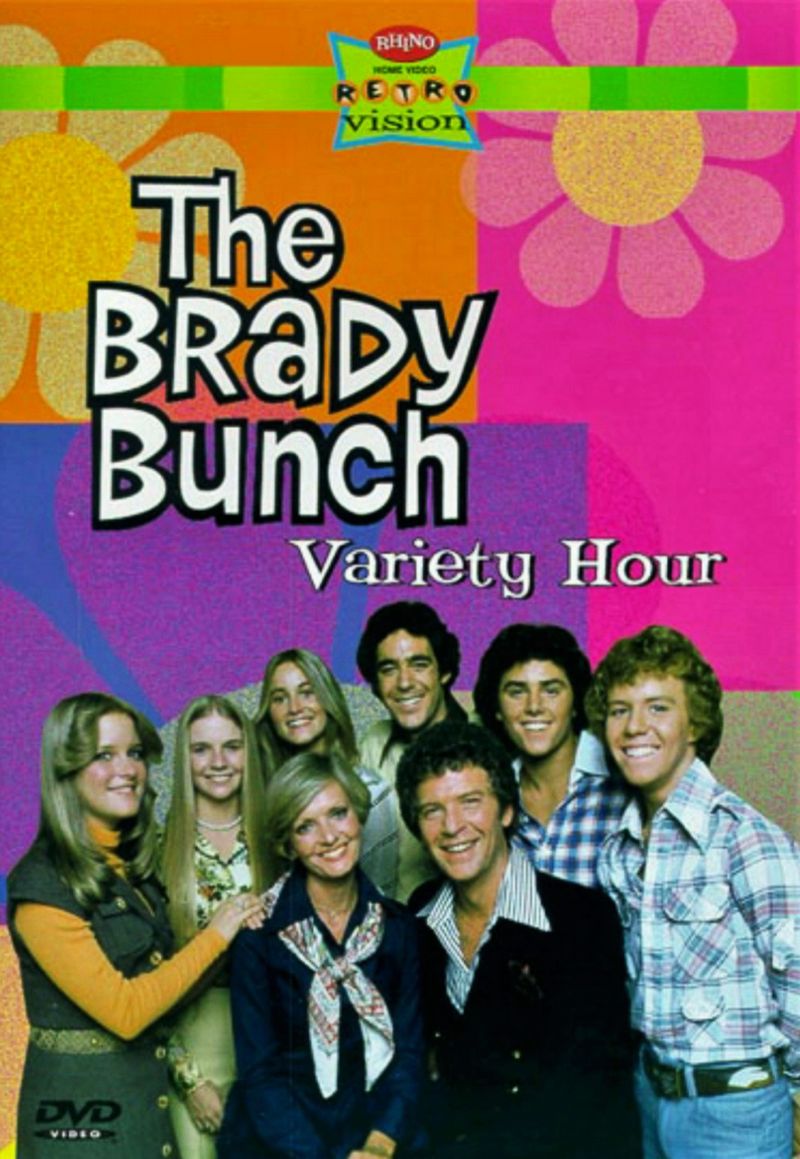
Robert Reed, known for his role in The Brady Bunch, frequently clashed with the show’s producers. He criticized the scripts as lacking depth, often viewing the content as “silly.” His pursuit of realism and depth was at odds with the show’s light-hearted nature.
Despite the sitcom’s iconic status, Reed’s dissatisfaction highlighted the creative tensions that can arise when an actor’s vision differs from the show’s direction. His experiences emphasize the importance of alignment between an actor’s artistic goals and the production’s creative approach, offering a behind-the-scenes look at a beloved family’s dynamic.
7. Lost
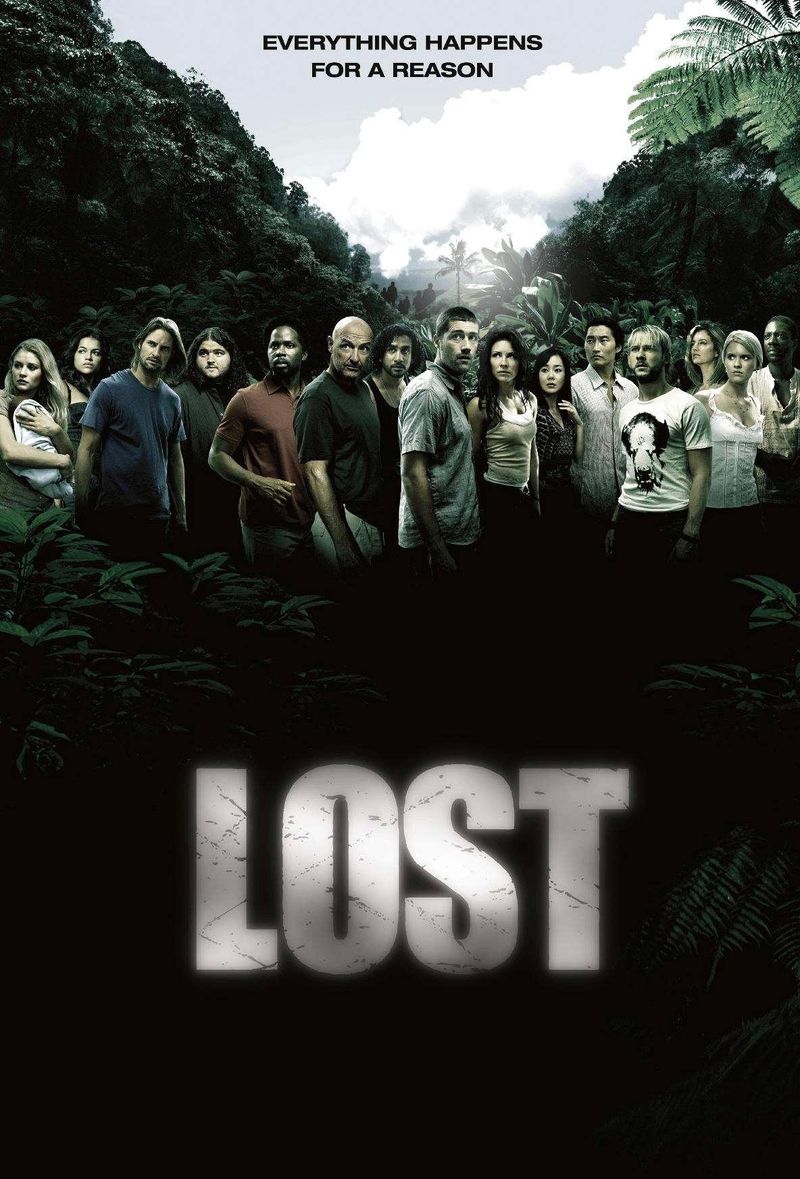
Harold Perrineau, who played Michael Dawson on Lost, voiced concerns about his character’s lack of depth. He advocated for equal treatment of characters of color, leading to disappointment when these issues weren’t addressed. His eventual departure from the show highlighted tensions between creative direction and representation.
Perrineau’s criticisms resonated with broader discussions on diversity in the industry. While Lost captivated audiences with its enigmatic plot, his departure underscored the ongoing conversation around inclusivity and meaningful character development, illustrating the delicate balance between creative storytelling and social awareness.
8. Criminal Minds
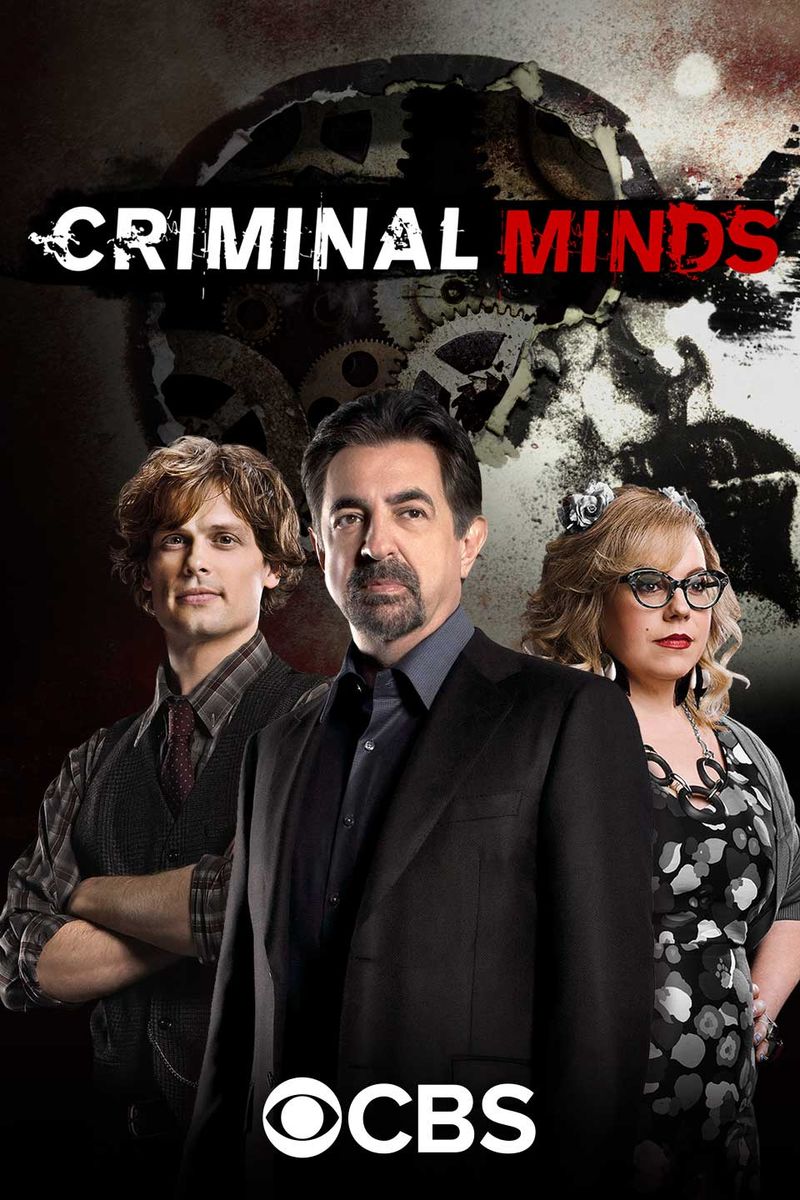
Mandy Patinkin, who portrayed Jason Gideon in Criminal Minds, expressed regret over his role, citing the violence depicted, particularly towards women, as disturbing. He described the content as destructive to his heart and soul, reflecting his personal discomfort with the show’s themes.
Patinkin’s departure from the series brought attention to the impact of violent storytelling on actors’ well-being. The show’s popularity did not mitigate the emotional toll it took on him, highlighting the challenges actors may face when their personal values clash with their roles. This case exemplifies the ethical considerations in the acting profession.
9. Gossip Girl
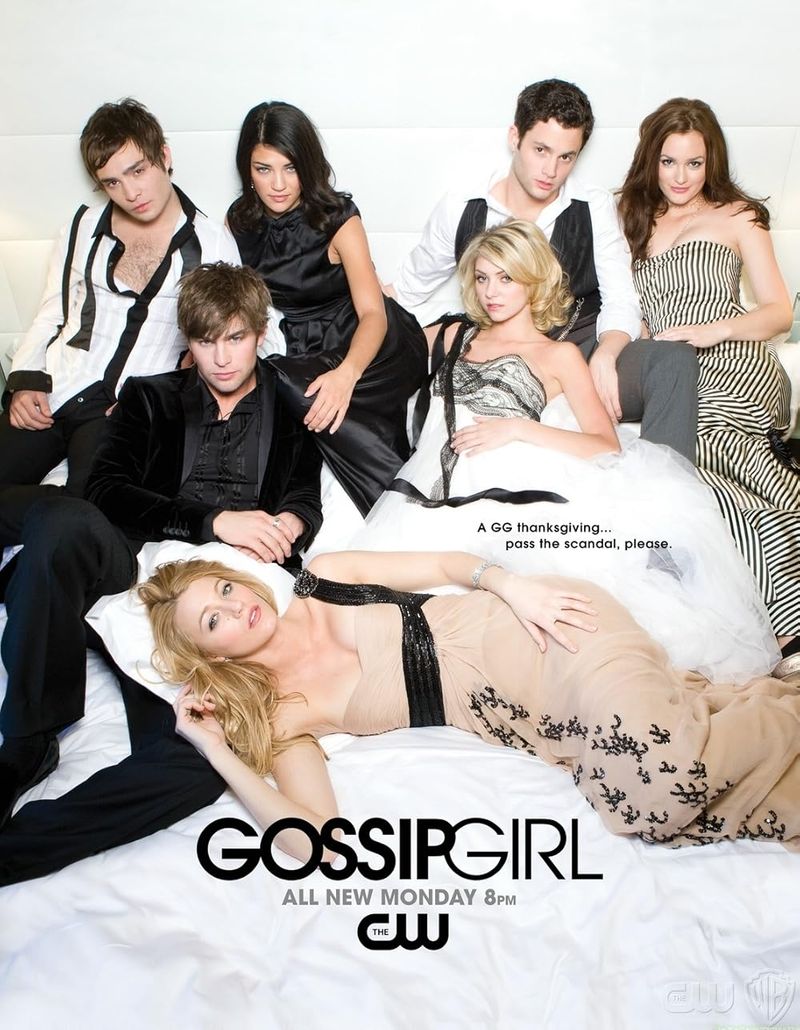
Penn Badgley and Chace Crawford, stars of Gossip Girl, found themselves disillusioned by the end of the series. Badgley felt detached from his character, while Crawford lamented the loss of dignity on set. Their comments reflected a desire for growth beyond the show’s superficial themes.
Despite its glamor and intrigue, Gossip Girl’s allure faded for these actors, who sought more substantial narratives. Their experiences emphasize the importance of character development and personal fulfillment in sustaining an actor’s enthusiasm, providing an introspective look at the realities of working on a youth-centric drama.
10. The Secret Life of the American Teenager
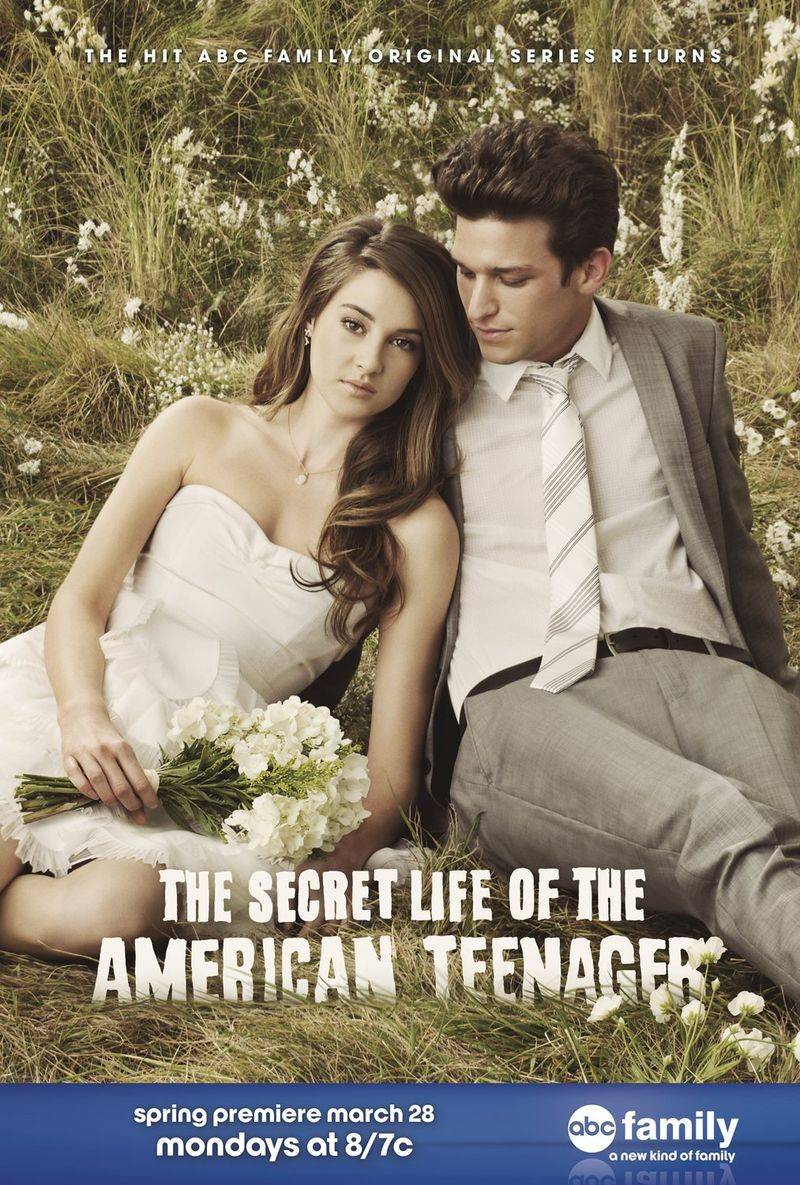
Shailene Woodley, a leading figure in The Secret Life of the American Teenager, expressed discontent with the show’s direction in later seasons. She disagreed with messages on abstinence and sex-shaming, which conflicted with her beliefs. Her candid remarks highlighted the clash between personal values and professional obligations.
Woodley’s perspective brought attention to the ethical responsibilities of television content, especially in portraying sensitive topics. Her dissatisfaction emphasized the need for thoughtful storytelling in youth-oriented media, illustrating the challenges actors face when their convictions are at odds with their work. This scenario offers a lens into navigating values in entertainment.

Comments
Loading…